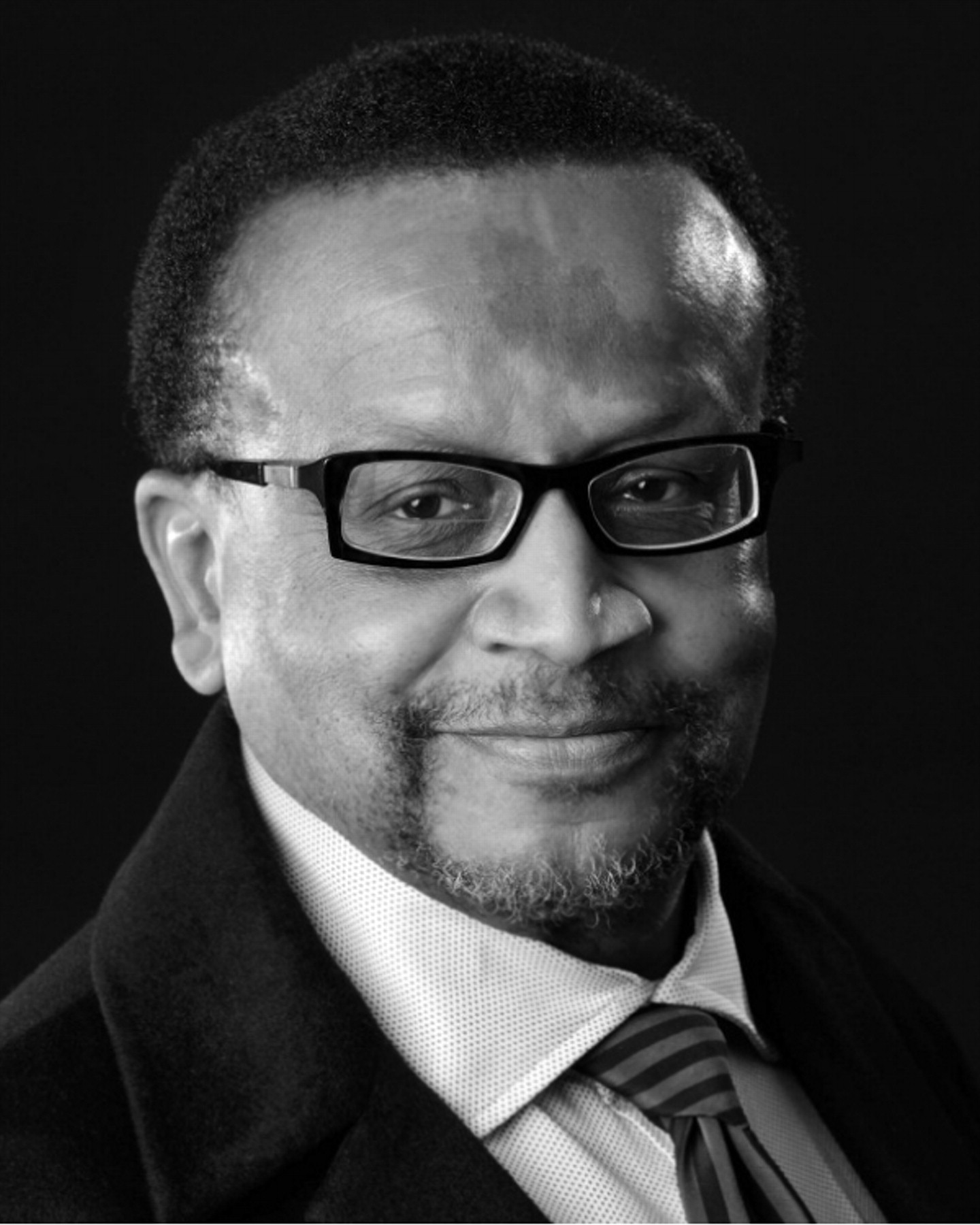CANDIDATE FOR AREA 7 TRUSTEE
Distinguished Life Fellow

Associate Professor Emeritus, Department of Psychiatry and Behavioral Sciences, University of Washington School of Medicine, 2004- ♦ Attending Child Psychiatrist, Division of Child Psychiatry, Children's Hospital and Medical Center, 1981- ♦ Area 7 Trustee, 2006- ♦ Area 7 Council Representative, APA Assembly, 2003-06 ♦ Member, Psychiatric News Editorial Advisory Board, 2006- ♦ Member, DSM-V Task Force, 2006-
I am an academic child psychiatrist on the faculty of the University of Washington School of Medicine, Department of Psychiatry, Division of Child Psychiatry. I have a long involvement with APA at the state and district branch level, with the component system, and with Assembly governance as a district branch representative with progression to election as the Area 7 Council representative. I am currently the Area 7 trustee to the APA BOT.
The challenges and opportunities for our organization as the voice of physicians who care for and care about patients with mental health issues and who work in a multitude of settings—academic, clinical, research, and commmunity—continue to evolve, but also in many ways remain the same.
Health care coverage has become a major issue in this national election year, and we have every reason to be proud of our advocacy efforts which were successful in bringing parity for mental health and medical care, but it will be important for our organization to weigh in on what kind of health care reform would be best to provide a system of care for psychiatric and mental health services.
Scope of practice concerns are still with us, and we will continue to assist state associations and district branches in defense against psychologists prescribing, but we will need to expand our efforts and creativity to enlist medical partners who can help us with our own manpower shortage. We will also need to develop wider usage of technology such as telemedicine, and to improve our communication with organized medicine and sharpen our media messages to patients and families about the critical and unique roles psychiatrists play in medical care.
Fiscal strength and stability will need to be addressed at all levels of governance. We will need to look at size and efficiency and how to give the membership a real sense of ownership and voice in the organization. This will mean continuing the efforts to maintain the viability of small district branches, like many of those in Area 7.
The membership has had conflicting views about our relationship with the pharmaceutical industry for some time, but this issue has become a front and center concern. We are moving in the right direction to improve transparency and caution with regard to conflict of interest. However, not everything about Pharma is bad, and we need to find ways of building a transparent, collaborative relationship to be sure we can continue to learn new approaches to improve patient care.
Our greatest challenges continue to be in the area of making sure that all levels of our governance structure are on the same page with regard to goals and outcomes, and to make sure we are really taking care of our membership constituency.
I have extensive professional experience working with underserved populations, the public sector, and the juvenile justice system. I will continue to be supportive of those organizational activities that support inclusiveness, services to diverse populations, and ensuring that kids and families are included in our priorities.
Primary Professional Activities and Sources of Income
Professional Activities
100%—Attending child psychiatrist/Division of Child Psychiatry; Children's Hospital and Medical Center
Income
100%—University of Washington School of Medicine



